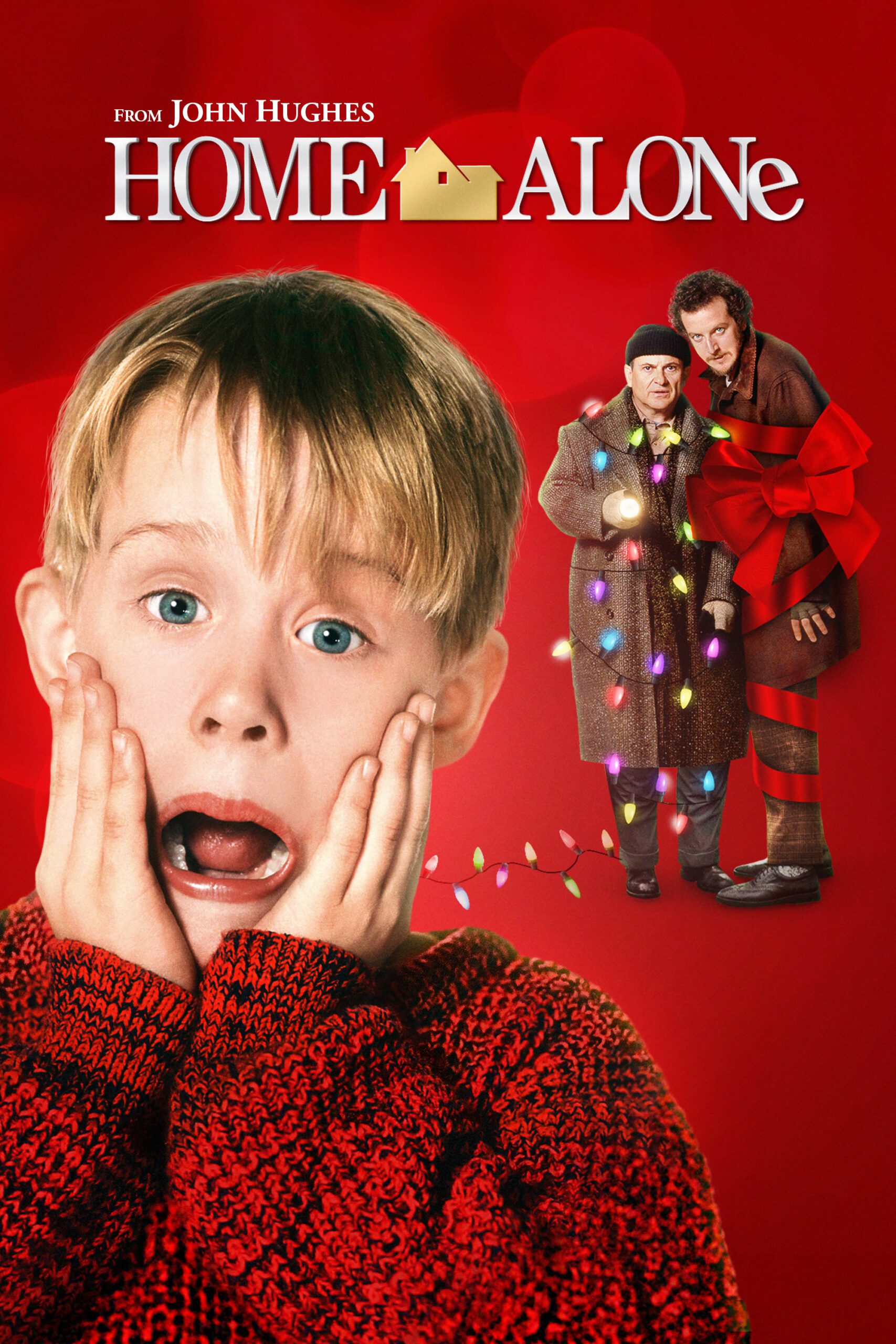Child Neglect and Culture

Last week, I wrote about an active bystander incident involving a toddler lost at a public oceanfront park. The aftermath of this incident became family conversation a few hours later.
The people at the table:
Five adults in the Baby Boom generation. Four adults in the Millennial generation. One of the Baby Boomers is a psychologist who ran an urban mental health clinic for children. One Millennial is a social worker who works with immigrant families. One Millennial is a public defender in a family law clinic.
Judgment and shifting expectations about child neglect:
Losing children in public places: All the Baby Boomers remember either being lost in a public place as a child or losing their child in a public place, years ago. Now, all agreed, this momentary neglect can trigger neglect allegations.
Children in the car: All the Baby Boomers agreed that in their childhoods and when the Millennials were children, it was common practice to leave children in the car — especially if they were sleeping — while the parent ran quick errands or shifted additional items into the car. Now, all agreed, this is no longer allowed.
The culture has shifted because of random harm that has come to children when parents take shortcuts or have momentary lapses of attention.
The professionals at the table noted that in New York City, there is no rule about how old a child has to be to be old enough to do certain things alone. Parents are expected to use their judgment. Sometimes the Administration for Children’s Services—A.C.S., as child-protective services is known in New York City—gets involved because a neighbor or a bystander differs in judgment. Some of the professionals at our table have interacted with families where protective services were invoked because a child was
- playing in a park alone (a nine-year-old, directly across the street from her home),
- asleep in the car (an infant), or
- home alone (a thirteen-year-old).
All of the Baby Boomers reported that they did all of those things at those ages, when they were children. Especially regarding the home alone thirteen-year-old, the Boomers knew parents who hired thirteen-year olds to baby-sit their children without an adult on the premises.
Then, there is Japan. A stark example of cultural difference is the controversy over a Japanese reality TV show, where toddlers are running errands alone. Some Americans find it charming. Some see it as child neglect.
There are some hard and fast rules: There is a hard-and-fast rule in New York about hitting a child. Parents who want to spank their children are subject to abuse charges. Like other zero tolerance rules, this one can ensnarl well-intentioned parents with a different cultural idea about discipline. Still, I do not have a problem with outlawing corporal punishment of children.
What happens when the police are involved?
The legal system chooses to protect the child first. This means that if the police think that the child was in danger, the child can be taken from their parents until a judge can rule. So, if the police came to the scene I witnessed, the child could have been held in protective custody until a judge could hear what happened.
That could have happened to the family that lost track of their toddler on the beach in Brooklyn. My concern is that when A.C.S. becomes involved, the family life is scrutinized for years to come. Clearly, poverty influences the social workers who will judge the family. They look for unsanitary conditions, crowding, poor nutrition, hesitation to seek out medical care. Families under financial stress, immigrants with different cultural norms, and people who can’t afford bigger living spaces are judged negatively for their lifestyle.
It is the potential involvement of A.C.S. that spurred me on to find the family before the police were dispatched at the beach that day. If I hadn’t seen parents doing the right thing – searching frantically for the child in the most dangerous area – I might have wanted to see the child taken to a safe place. As it was, this was an immigrant family with a lot of children. When they realized the toddler was gone, they took appropriate action. In my heart, I felt their fear and later relief. I felt like the parents had suffered enough. I hope they develop a better system for counting the heads of their children in public and that this never happens again. Are they bad parents? No. Could something terrible have happened? Yes.